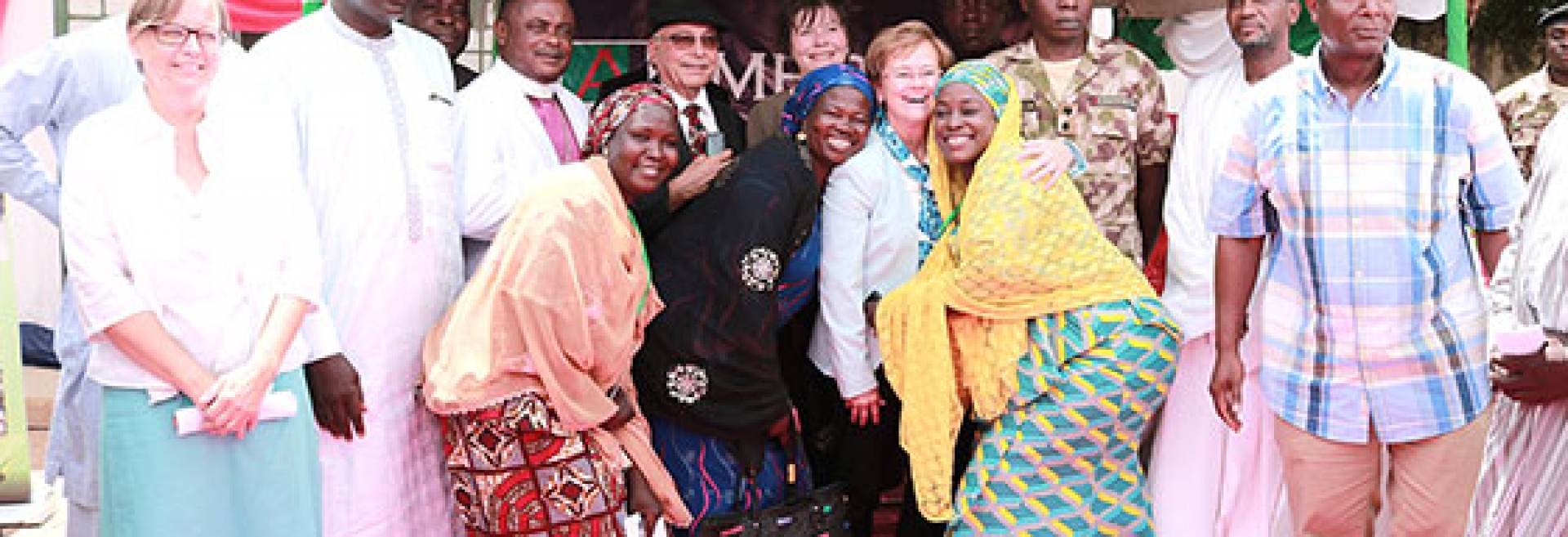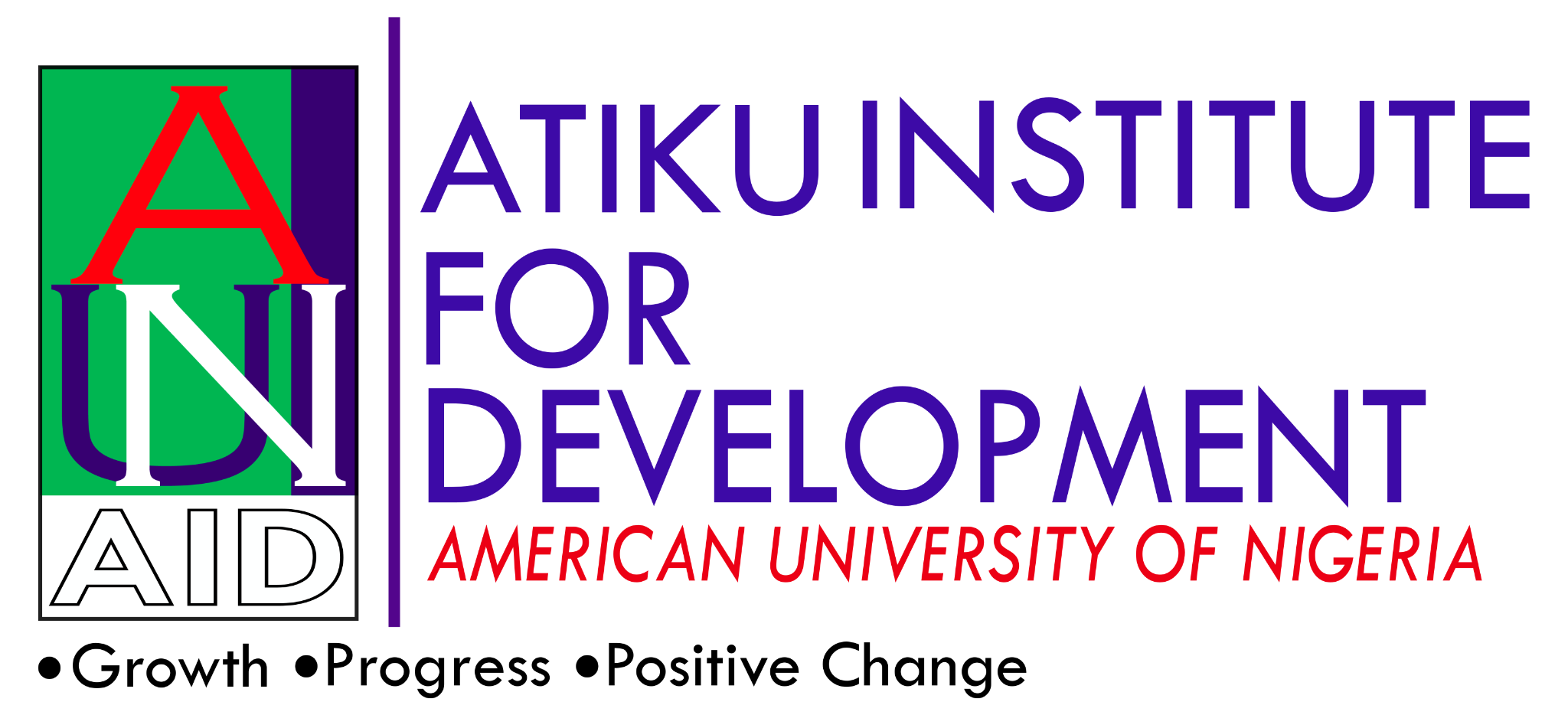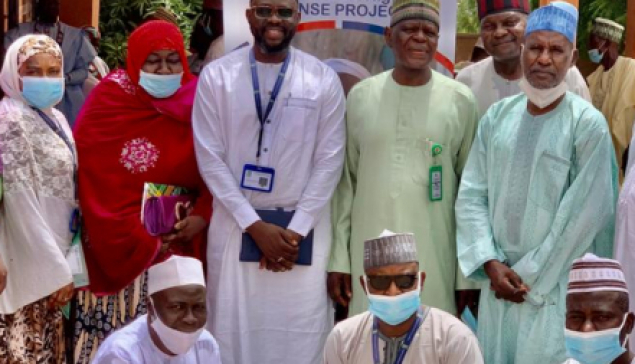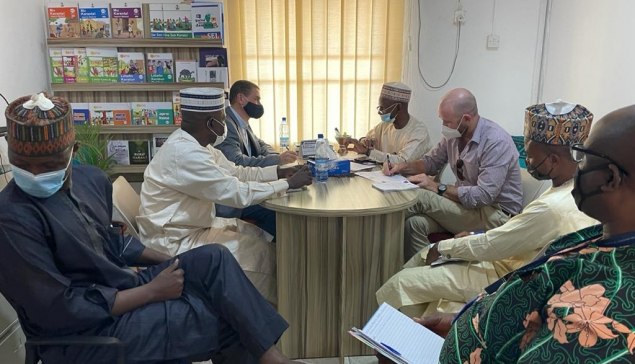
AUN-UNHCR Protection Livelihoods Project II Enters Second Phase
After successfully training 200 women in financial literacy in the first phase of the AUN-UNHCR Protection Livelihoods Project II, AUN has started training another 600 IDPs in skill acquisition.
On August 22, at the Women Development Center, Yola, President Ensign officially opened the workshop.
The center was refurbished with funding from Exxonmobil, said Mr. Audu Liman, Grant Administrator for AUN. However, the project implementation is being done with funding from UNHCR. Dr Ensign said these IDPs have now become members of the various communities in Yola. The additional 600 persons which the funding allows for are being selected from five local government areas: Yola North, Yola South, Mubi North, Mubi South, and Michika. The project will include men and women to be trained in various skills including crocheting with plarn, creating with thread, tailoring, and shoemaking.
“You are part of our community. In our eyes you are not displaced, you are part of us and our goal is to make sure we do everything we can to help you find ways to generate income…to make sure your lives continue to improve.”
Dr Ensign said the University is living its mission of fostering development as envisaged by the founder, former Vice President Atiku Abubakar. From the inception of the institution, he has insisted that the University should reach out to the community.
“Make sure the community is growing in income, in education, in employment," said President Ensign, quoting the Founder.
Mr. Ibrahim Usman, Field Unit Assistant for UNHCR, said AUN received an excellent recommendation from both their Abuja office and from Geneva on the successful implementation of Project I, which prompted the Refugee Agency to continue to sponsor the project.
He told the IDPs that AUN has been very forceful in the demand to train them in addition to giving them food, encouraging them to make good use of the opportunity.
Project Consultant, Mrs. Jennifer Che, expressed her gratitude to UNHCR for allowing the University to continue the project and reach more vulnerable people in the society. Besides keeping the environment clean, the women have become occupied, have learnt a new skill, and are making an income while training others as well.
African dolls made by AUN community women
Before the support from UNHCR, Mrs. Che had already coordinated the project since 2012 when AUN started training women on crocheting with plarn in a social-enterprise called Yola EcoSentials.
By Omorogbe Omorogiuwa


